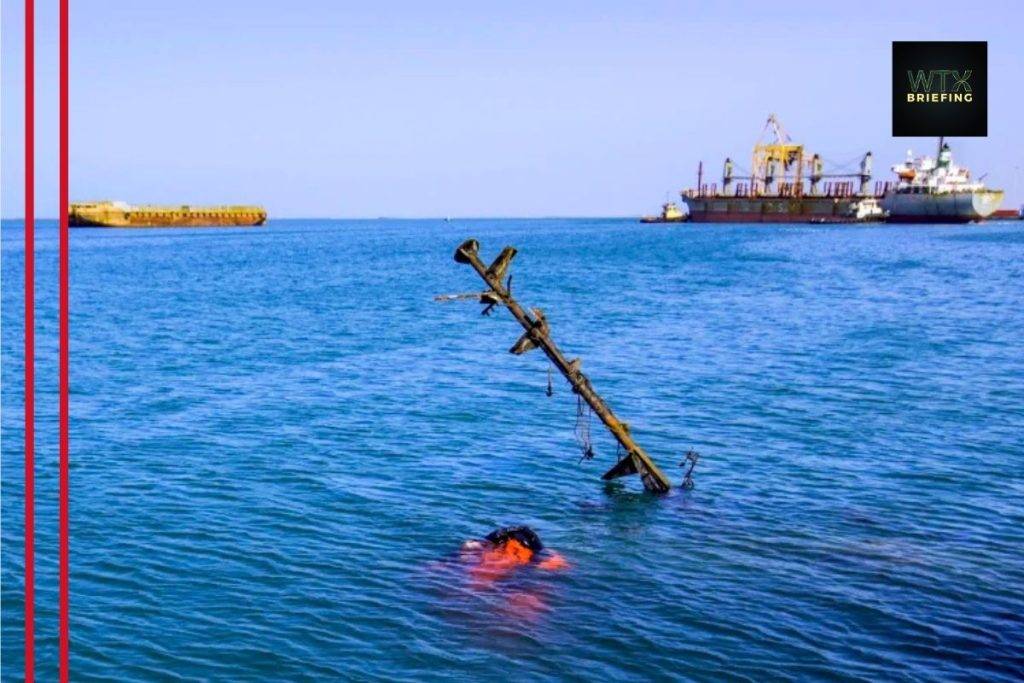Israel launches airstrikes on Houthi-controlled Yemeni ports after Red Sea ship attack
On Sunday, Yemen’s Houthi rebels attacked a Liberian-flagged, Greek-owned bulk carrier, the Magic Seas, in the Red Sea using grenade fire and bomb-carrying drones, forcing its crew to abandon ship. In response, early Monday, Israel launched airstrikes against Houthi-controlled ports at Hodeidah, Ras Isa, Salif, and a power plant in Ras Kanatib, also targeting the seized Galaxy Leader, alleged to house radar systems aiding rebel operations.
Subsequently, the Houthis retaliated by firing missiles toward Israel, some intercepted, with no reported casualties. The Eternity C, another cargo vessel, was also struck with drone and small-boat attacks, injuring two crew and leaving two missing.
🔁 Reactions:
- Israel Defence Minister Israel Katz: “These ports are used by the Houthi terrorist regime… whoever raises a hand against Israel will be cut off” (businessinsider.com, reuters.com).
- Houthis (Brig‑Gen Yahya Saree): > “Our air‑defences effectively confronted the Israelis”—asserting aerial defence success (aapnews.aap.com.au).
- Security analysts: > “A renewed Houthi campaign threatens maritime security and risks drawing in Western forces” (the-journal.com).
📰 Media Bias & Framing:
- Reuters/AP/Euronews emphasise factual escalation: ship attack → Israeli strikes → missile exchanges, including evacuation warnings (reuters.com).
- The Independent and Al Jazeera frame the strikes within broader Middle East tensions, linking Gaza ceasefire talks, Iran nuclear negotiations, and maritime security.
- Western outlets (WSJ, FT) analyse how maritime disruptions pose a threat to Red Sea shipping and may prompt U.S. and regional military responses.
📊 Sentiment: Negative. The spiral of attacks marks a sharp intensification of conflict in the Red Sea corridor, jeopardising global shipping lanes. While Israel’s strikes are deemed targeted, Houthi responses and civilian vessel assaults raise serious regional security and maritime safety concerns.


